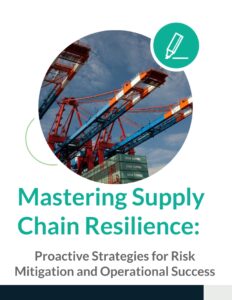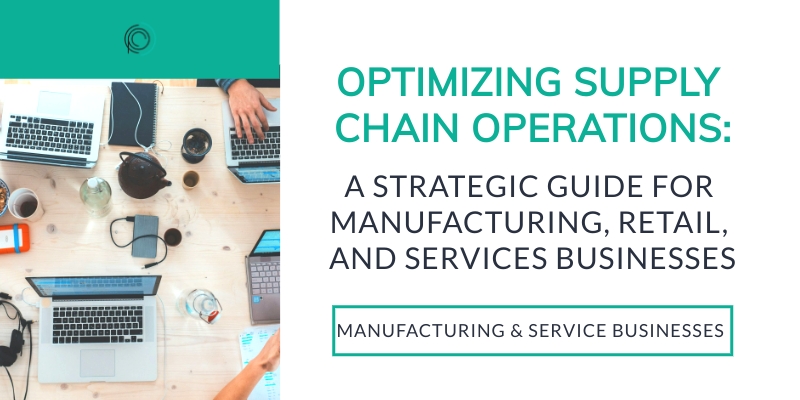Unlocking Growth Through Automation: Streamlining Operations for Efficiency and Profitability
In order to know where to automate, you need to engage with all of your employees and create a process map of your business operations. Analyzing employee’s daily tasks and your business’s operations plans will allow you to identify processes (whether it be client-facing or internal) that are too slow or tedious and should be automated. This can be time-consuming and hard to identify on your own, so seeking guidance from an operations consultant can help decide where to automate and which tools to implement. Implementing the correct technology can increase efficiency while decreasing cost, leading to excess funds to help grow your business.
Once you have successfully scaled your business, it can be overwhelming to decide what to do with excess funds. Having adequate financial oversight can not only help you manage your books, but it will also enable you to decide how to allocate the influx of income to much needed projects within your business.
What’s the difference?
Companies that focus on business operations are primarily focused on helping companies scale and take on the influx of business seamlessly. The operations team gets to the bottom of what’s not working and implements processes, technology, and training to fix it. An accountant’s job is to focus on transactions, following rules and laws, and planning for tax season. They are not responsible for analyzing the data they record and applying this analysis to broader business decisions. The operations team works very closely with the company’s CFO, financial oversight manager, and CEO to make decisions about what initiatives should be addressed and the resources needed.
Looking at the numbers to inform business goals can get confusing if you are not well versed in both sides, so it is helpful to bring in accounting advisors who fully understand bookkeeping details and are focused on growing your business. Your CPA will translate the numbers into business-minded points and assist in accounting technology implementation. An accounting advisor can provide context and meaning to your books, and then help you use these insights to set up plans to reach current goals or create entirely new goals.
In addition to seeking out advisors with accounting and business expertise, automating bookkeeping can simplify tedious tasks and offer valuable insights.
The right combination of software and apps can record and organize transactions, analyze your accounting data, and offer insights that can help inform business decisions. Choosing the combination of technology that best suits your business and its needs can be a daunting task, and accounting advisors can help with that, too. While it’s important to choose the correct tools, it’s equally important to know how to correctly use them for your business.
If your business is having difficulty scaling or you know something just isn’t working, we’re here to support you. We have your best interests in mind and are committed to helping you get to where you want to go. We really appreciate our partners; they specialize in pertinent areas of business that keep your business running efficiently and safely.
About the Authors:
Cornerstone Paradigm Consulting, LLC is an industry-agnostic business operations consulting firm whose mission is to transform the way you do business.
MBSATA provides tailored financial services for forward-thinking business owners







